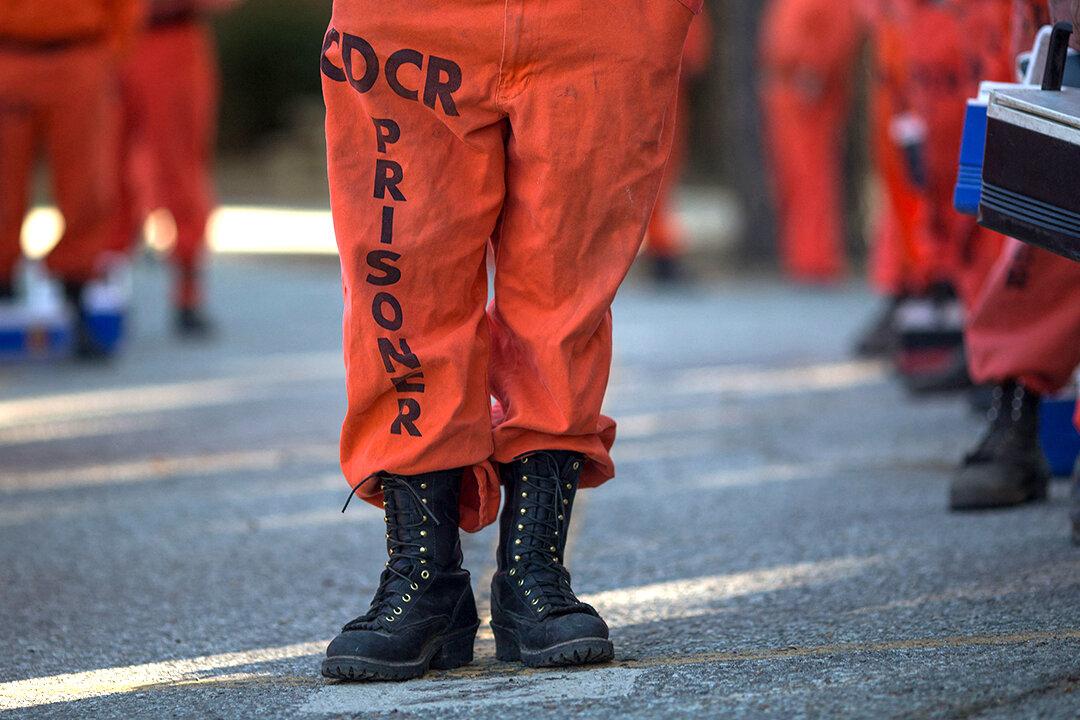Voters in California and Nevada will decide on Nov. 5 whether to remove provisions in their state constitutions that allow prisons to use forced labor to punish crimes.
Proposition 6 will repeal the provision in California’s constitution that allows state prisons to force inmates to work and ban the state’s Department of Corrections and Rehabilitation from taking disciplinary action against inmates who refuse to work.





